Your garage door is one of the hardest-working mechanical systems in your home, used daily (or even multiple times a day) and exposed to the elements. Many homeowners overlook routine Maintenance until something breaks, but that’s a costly mistake. In this post, we’ll explore how investing in regular garage door tune-ups can actually save you money in the long run.
Table of Contents
1. Prevent Small Issues from Escalating Into Big Repairs
One of the biggest benefits of regular maintenance is catching small problems before they spiral out of control. A worn roller, a frayed cable, or loose hardware may seem minor, but left unchecked, they can lead to broken springs, snapped cables, or even a misaligned track. Major repairs like spring replacement or door realignment cost far more (both in parts and labor) than a simple inspection.
By addressing loose bolts, misaligned tracks, or lubrication needs early, you reduce the risk of a sudden breakdown that demands emergency service, and premiums for after-hours calls.
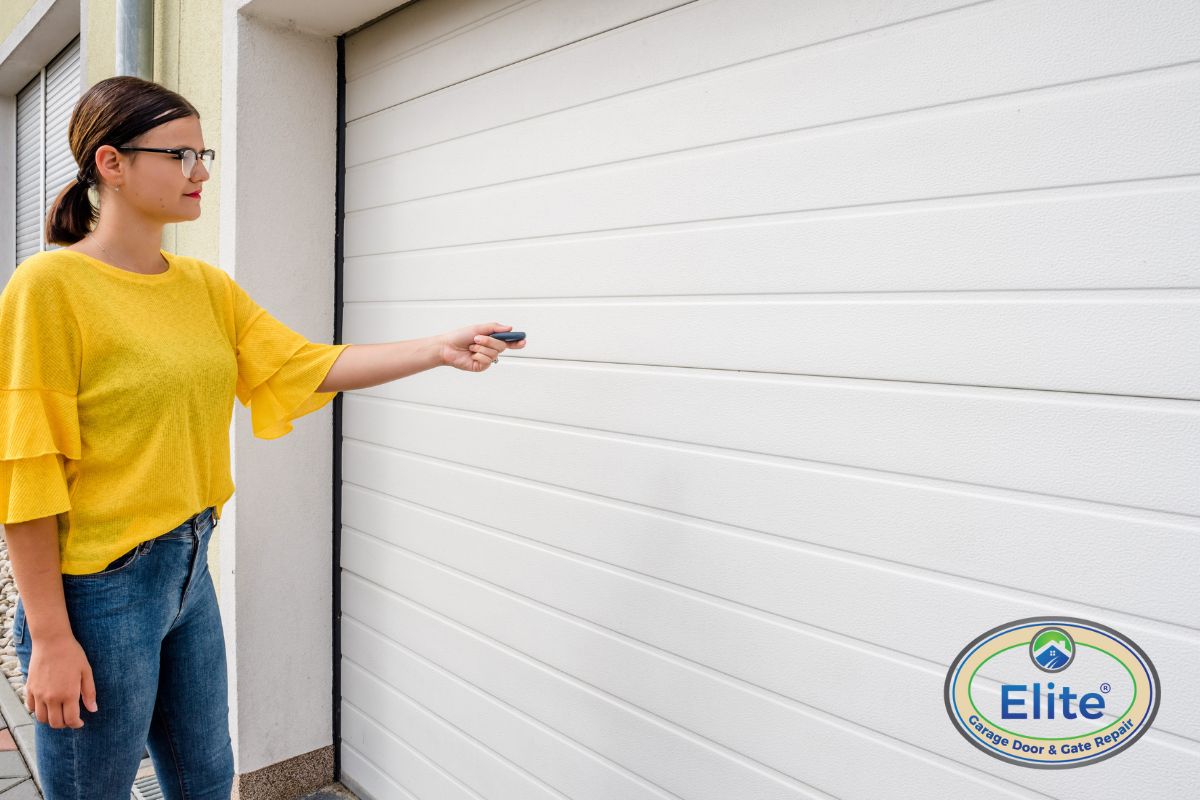
Prevent Small Issues from Escalating Into Big Repairs
2. Extend the Life of Key Components
Garage doors rely on many working parts: Springs, Rollers, hinges, cables, tracks, pulleys, and the opener mechanism. Without regular care, these parts wear out faster. Dirt and debris build up in tracks, bearings dry out, or cables develop weak spots. Over time, these stresses accelerate wear and reduce component lifespan.
With a seasonal tune-up (ideally twice a year), a technician can clean, lubricate, adjust, and inspect all parts. This extends the life of expensive components and delays the need for full replacements.
3. Improve Energy Efficiency and Insulation
A garage door that doesn’t open or close smoothly can lead to air leaks, which is especially relevant if your garage is attached to your home or you use it as a workspace. Misaligned panels, damaged seals, or gaps, if not remedied, allow heat or cool air to escape.
During a tune-up, the technician can check seals, tightness, and alignment to assure better insulation. This helps reduce heat transfer in your garage and can indirectly reduce your heating or cooling costs for the adjacent living spaces.
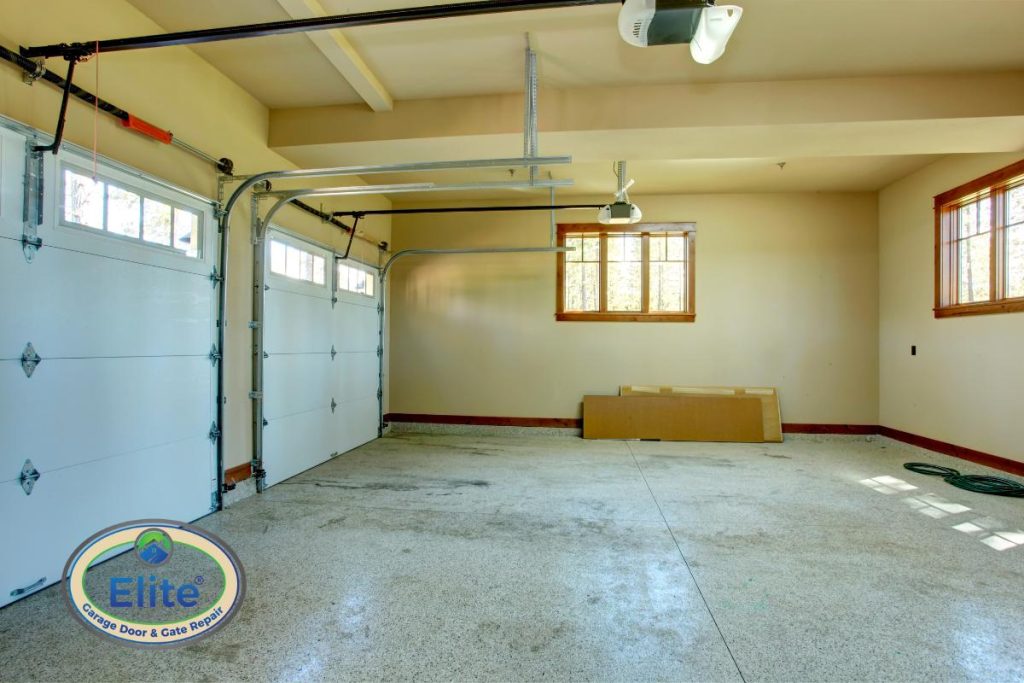
Improve Energy Efficiency and Insulation
4. Reduce Safety Risks & Liability
A failing garage door isn’t just inconvenient, it can be dangerous. Broken springs or cables can snap suddenly, posing a safety hazard to people, vehicles, or belongings. If someone is injured or property is damaged because of a poorly maintained door, you might face liability or further costs.
Regular inspections help catch worn springs, fraying cables, or loose hardware before they become failures. Paying a modest tune-up fee is a wise investment to minimize risk and protect your home and family.
5. Maintain Home Value & Curb Appeal
First impressions count. A noisy, sagging, or misaligned garage door sends the wrong message to visitors or prospective buyers. Conversely, a garage door that operates smoothly, quietly, and looks well maintained adds to the perceived value of your property.
If you ever decide to sell, a well-maintained garage door signals that you care for your home’s systems. That can help in inspections and increase buyer confidence.
6. Lower Long-Term Cost of Ownership
Think of regular tune-ups as preventive care, much like servicing your car. The cumulative costs of small adjustments, lubrication, and inspections are modest compared to emergency repairs, replacements, or safety incidents.
When you spread out the maintenance cost over years, the per-year expense is minimal. But the dividends, fewer breakdowns, longer part life, energy savings, and fewer emergency calls, make it a smart economic choice.

Lower Long-Term Cost of Ownership
7. Peace of Mind & Reliability
Beyond dollar savings, there’s intangible value: knowing your garage door will operate reliably day after day. No worrying whether it’ll fail at an inopportune moment or cause damage to your car or home.
A regular maintenance schedule offers consistency and assurance. You’re not reacting to breakdowns, you’re proactively protecting your investment.
Tips for a Good Tune-Up Service
- Choose a qualified technician. Look for experience, licensing, or certifications.
- Request a full inspection. Ensure they check springs, cables, rollers, tracks, hardware, balance, and opener function.
- Ask about lubrication. Quality lubricants reduce friction and wear.
- Confirm safety checks. The auto-reverse mechanism and sensors should be tested.
- Keep a record. Document each tune-up so you can track your door’s health over time.
In summary, regular garage door tune-ups are a small investment that pays off multiple times, by averting costly repairs, extending component life, reducing energy waste, enhancing safety, and preserving your home’s value.
Don’t wait until your door breaks, Schedule Tune-ups (at least annually, ideally semiannually) and let small adjustments protect your wallet and your peace of mind.


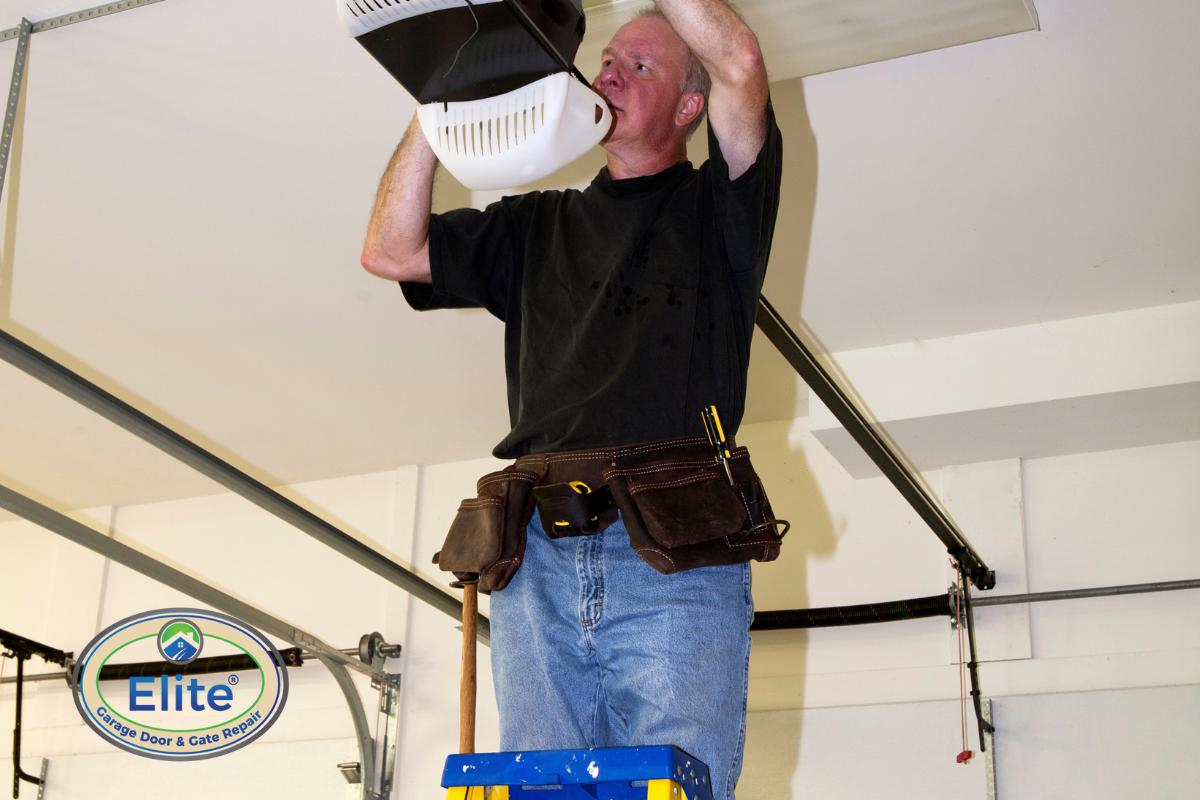
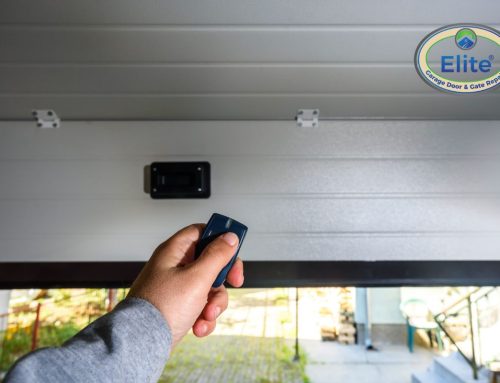
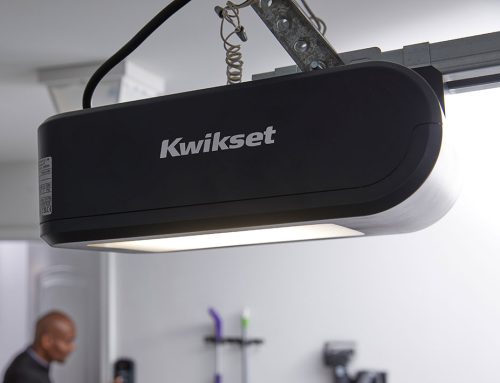


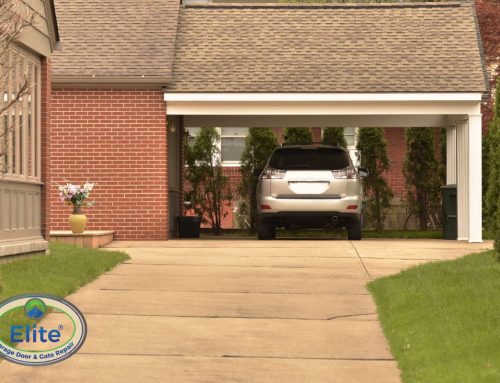









Leave A Comment